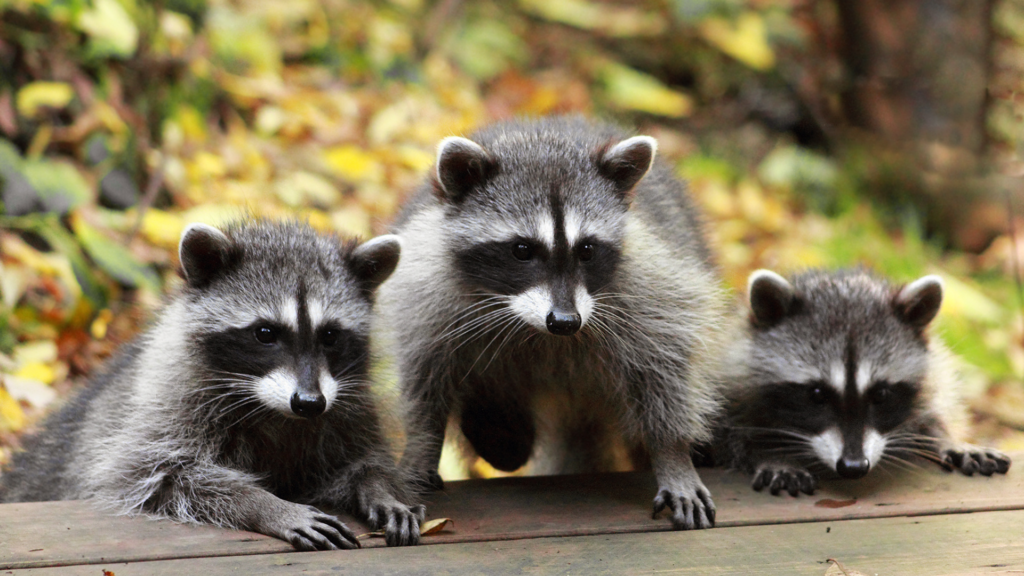Authorities have warned that raccoons in Wallonia are carrying a disease that poses a threat to humans.
Six samples taken by the Walloon Region's Wildlife Health and Pathology Service revealed the presence of the parasite Baylisascaris procyonis among the region's raccoon population. Belgium classifies raccoons as an "invasive species" for their disruptive effect on biodiversity as well as on human health. The greyish-brown American mammals are also carriers of roundworm.
The most recently-detected parasite can cause zoonosis, an infectious disease which affects humans' eyes and nervous systems. The disease is transmitted via direct and indirect contact or through water or other natural sources.
"The risk of being contaminated is low, but the seriousness of contamination should not be overlooked," stated Annick Linden of the Wildlife Health and Pathology Service, whose department is credited with identifying the parasite.
So far, six people in Belgium have tested positive: three in Bouillon (Luxembourg province), one in Aywaille (Liège province), one in Érezée (Luxembourg province) and one in Raeren (Liège province).
Related News
- Wallonia struggles to contain raccoon invasion
- 'I think we are already too late': Raccoons arrive in Flanders
Raccoons must be kept at bay, according to Linden: "You must not attract them because they are very greedy. You must not let them stay in your garden and defecate there."
Wallonia has been grappling with a growing raccoon population since the early 2010s as the animals are difficult to budge once ensconced in the area. There are currently an estimated 70,000, but several experts have voiced suspicions this is a conservative projection. Numerous sightings suggest that the species has spread to neighbouring Flanders, which is now dealing with similar public nuisance complaints.

